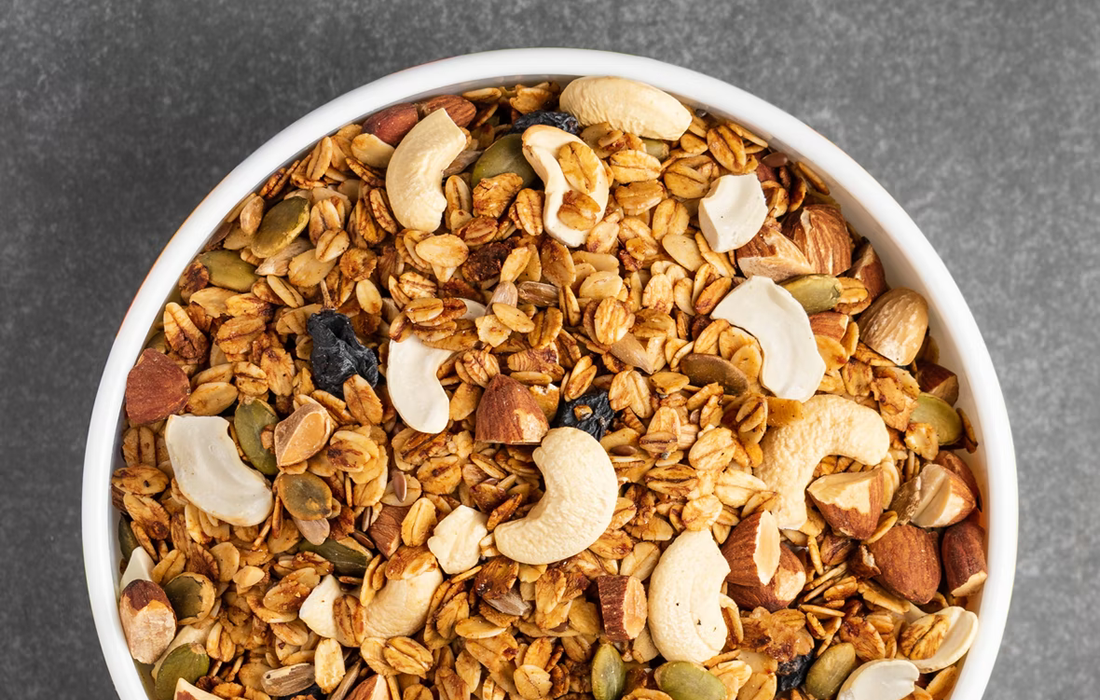Diet as a whole, encompassing food composition, calorie intake, and length and frequency of fasting periods, affects the time span in which health and functional capacity are maintained. In a recently published study, researchers analyzed hundreds of studies to identify a diet that optimizes human health and longevity. The team found that diets with low […]
Category Archives: Nutrition and Supplements
High-fiber diets are known to reduce the risk of heart attack, stroke, and cardiovascular disease. They act by lowering cholesterol and promoting a healthier lipid profile for people eating a Westernized diet. Only 5% of Americans aged 19-50 years consume the recommended 28 g (female)/35 g (male) of total fiber per day, with 90% of […]
Attention-deficit/hyperactivity disorder (ADHD) is a common impairing psychiatric condition affecting 5% to 7% of children. It can often persist into adulthood, with increased risk of poor educational achievement, substance abuse, incarceration, and ongoing psychiatric problems. Current pharmacological treatments improve ADHD symptoms for many individuals, but concern continues over side effects, stigma, and long-term effects such […]
The burden of type 2 diabetes is not equally distributed, as susceptibility to environmental factors varies between and within human populations. This observation has led many to presume that diet and lifestyle factors may yield different effects depending on inherited genetic susceptibility. In a recently published study, researchers from the Massachusetts General Hospital in the […]
Different studies have shown that there is a strong association between chronic inflammation and many diseases, including diabetes, hypertension, arthritis, and cancer. Recent studies have also shown a link between diet as a trigger for inflammation. Anti-inflammatory diets have become more popular in recent years. An anti-inflammatory diet is rich in foods containing high levels […]
Stroke and dementia have become an increasing global health consern that bring a heavy economic and social burden worldwide. With the increase in aging population, dementia has become more prevalent, and stroke accounts for 10% of all deaths globally. There has been considerable controversy on the association of coffee and drink consumption with stroke, dementia, […]
Niacin is a B vitamin that’s made and used by your body to turn food into energy. It helps keep your nervous system, digestive system, and skin healthy. Niacin (vitamin B-3) is often part of a daily multivitamin, but most people get enough niacin from the food they eat. Foods rich in niacin include yeast, […]
Cocoa is made from the bean of the cacao tree, Theobroma cacao, and has a long history of medicinal use and potential health benefits based on its flavonol and procyanidin content also found in tea, grapes, wine, and other foods. The cocoa extract also contains methylxanthines such as theobromine and caffeine, which may enhance the […]
Selenium is an essential trace mineral found in soil, water, and some foods. It is an important factor in many body processes. Studies have suggested that it has anti-aging properties and may even protect against age-related diseases. This mineral is naturally present in the body, it gets stored in muscle tissue, though the thyroid is […]
Cardiovascular disease (CVD) is the leading cause of death in the United States and worldwide. However, CVD can be largely prevented by a healthy lifestyle, which includes a healthy diet. The American College of Cardiology recommends a heart-healthy diet limited to 5-6% of calories from saturated fatty acid (SFA) and underscores the replacement of SFA […]










